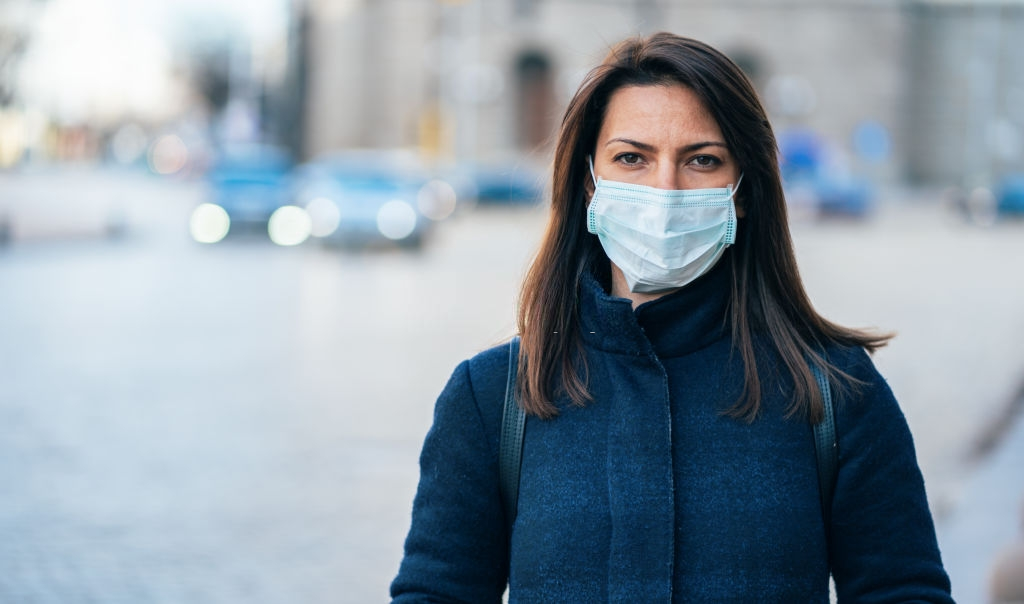
Coronaviruses are a broad family of viruses that can cause diseases in animals or human beings. Some coronaviruses are confirmed to cause respiratory infections in humans, varying from cold or flu to more serious diseases like Middle East Respiratory Syndrome (MERS) and Severe Acute Respiratory Syndrome (SARS).
The latest coronavirus that has been identified creates the coronavirus disease COVID-19. COVID-19 is the contagious disease caused by the most recent coronavirus that was recently identified. This new strain and infection were unknown until December 2019, when the epidemic began in Wuhan, China.
The most prominent symptoms of COVID-19 are fever weakness and persistent dry cough. Some patients might experience aches and pains, obstruction of the nasal airways, runny nose, sore throat, or diarrhoea. Usually, these clinical signs are benign and start slowly. Many may get contaminated but have no symptoms, and don’t feel ill.
Many individuals (approximately 80 per cent) heal from the illness without special care. Around 1 in 6 individuals who get COVID-19 get critically sick and have respiratory difficulties. Aged individuals and those with underlying medical conditions such as high blood pressure, heart problems, or diabetes are more prone to experience serious complications. People with fever coughing and breathing difficulties should obtain medical treatment.
One of the fastest ways this virus is transmitted is through water droplets released by a coughing individual. The chance of getting COVID-19 from someone who has almost no symptoms is very slim. Nevertheless, many with COVID-19 have minor symptoms.
This is especially valid in the initial stages of illness. Therefore it is possible to catch COVID-19 from someone who, for example, has only a slight cough and does not feel ill. The WHO is reviewing ongoing research into the COVID-19 transmission duration and will continue to share new results.
Sickness from infection with COVID-19 is typically moderate, particularly among children and adolescents. However, this virus can trigger severe illness: approximately 1 in every five individuals who contract it require hospital treatment. So it is quite natural for people to bother about how the spread of COVID-19 could affect them and their family and friends.
Our worries can be channeled into precautions to protect ourselves, our loved ones, and our society. These practices require, first and foremost, frequent and extensive hand-washing and proper respiratory hygiene.
*COVID-19/Coronavirus testing is available from our clinic now: Corona Virus (COVID-19) Testing in London
Reports of coronavirus in the UK are increasing, and a sixth individual who had the infection has died. With 103,093 cases so far (17th April 2020) the whole country is on lockdown. The UK government has announced that the lockdown imposed will remain in place for at least three more weeks.
These efforts are taken to flatten the curve and prevent the spread of the coronavirus. For more information about the Coronavirus (COVID-19), head over to the WHO website.
The current restriction for people to follow during this lockdown is:
Allergy is a health condition in which the immune system in the body reacts unusually to foreign substances (allergens), which are usually harmless.
Despite a lot of rumours, so far medical officials have not confirmed that allergies are one of the symptoms. However, if you wish to get checked, you are free to do so.
Allergy testing in London or other parts of the UK is done by allergy-trained physicians (allergists). You can discuss your allergy history and symptoms with your allergist, who will recommend the right allergy treatments for you.
You can also book allergists as well as carry out allergy testing in London. A post-test consultation is necessary to discuss your allergy test results and the suitable treatments for you.
At this point of world history when we battle a pandemic, ensure that you are updated and follow the guidelines of local health officials, including any prohibitions on transport, mobility and meetings.
If you happen to have any other symptoms like allergies, it is a good idea to get an allergy test done. For more information, get in touch with us. Stay safe!